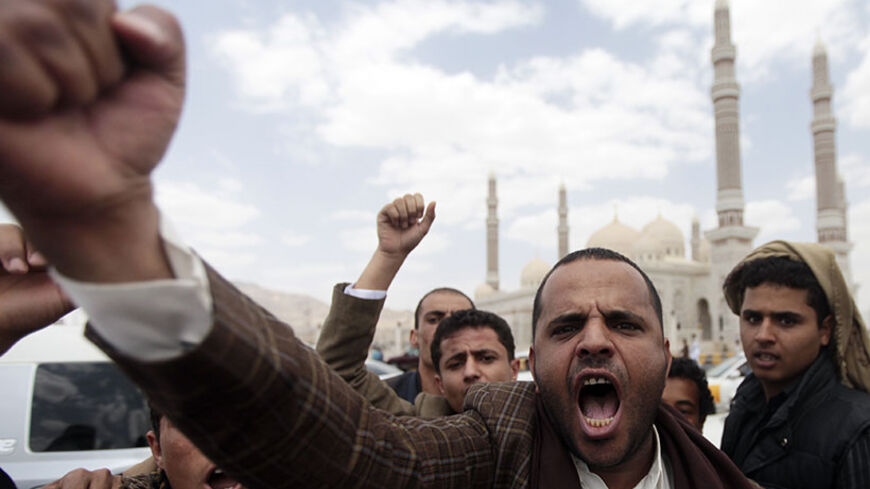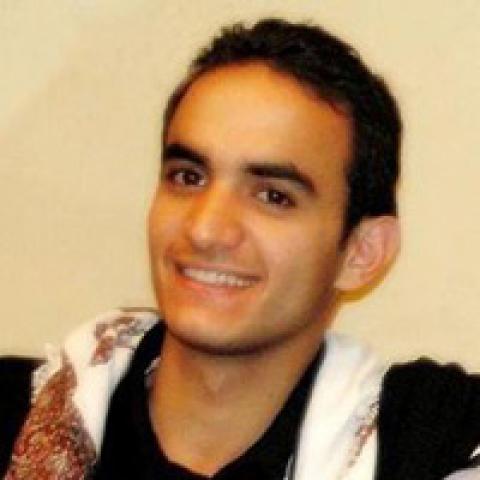In a sudden turn of events, tension has flared between Yemeni President Abed Rabbo Mansour Hadi and former President Ali Abdullah Saleh. The most recent and prominent manifestation of this rivalry was when members of the presidential guard, which is under Hadi's authority, attacked and looted equipment from the headquarters of the Saleh-affiliated al-Yaman al-Youm TV channel on June 11. Afterward, Hadi’s forces surrounded Sanaa’s largest mosque — Al-Saleh Mosque, which Saleh built and named after himself — for five days. Saleh has always used this mosque as a platform for political and religious mobilization.
The mosque crisis ended after nearly a week, in an agreement between the two men to establish a presidential protection unit for Hadi, in addition to providing protection to the mosque affiliated with Saleh and ban any rhetoric from its pulpit to provoke the president. Despite the relative calm in the neighboring areas after the agreement, and the reopening of roads, the cease-fire does not necessarily mean peace, as the crisis between the two men continues to escalate.



